Financing Baltimore’s Growth: Venture Capital Support for Small Companies
In 2017, the Johns Hopkins 21st Century Cities Initiative documented financial flows to small companies located in the City of Baltimore, considering both working capital and venture capital. The purpose was to measure the capacity of the city to support economic development, specifically with regard to the contribution that small companies can make towards job creation and growing the city’s tax base. Earlier this year we published a second report on small business lending, focusing on the availability of bank loans in Baltimore.
This report represents a deeper dive into the dynamics of equity capital provided to small companies located in Baltimore. This type of capital is not needed by every startup in the city, but is critical to many that are testing a business concept before reaching a revenue producing stage. It often begins with “friends and family” investments, followed by so called “angel investors” that are typically unrelated parties making small, high risk investments in startup companies. The next stage is more formal financing rounds from increasingly sophisticated and larger investors. The number of companies that grow into these late stages of investment is miniscule compared to the number of startups each year, but the successful ones can yield enormous returns to their investors and the local economy.
Some of the key observations from this report include:
- During the nearly 12 year period from 2007 to September 2018 a total of $1.8 billion was raised by Baltimore based companies.
- Almost half of all dollars and nearly 40 percent of all funding rounds went to healthcare related companies (pharmaceuticals and biotechnology, healthcare services and systems, and healthcare devices and supplies).
- Software companies raised the second highest amount of funds, over a quarter of the total dollar amount and over a third of all deals, but in smaller average funding rounds than the healthcare sector.
- Of the 252 startups we identified, 21 percent have closed, 13 percent have relocated outside of Baltimore either in Maryland (five percent) or elsewhere (eight percent), and 64 percent remain open and headquartered in Baltimore City.
- Significantly, of the $1.8 billion invested in these companies over the period measured, 74 percent of the funding went to companies that are still active and based in Baltimore.
- Notable are the especially high survival and retention rates of Baltimore based companies within the sectors of healthcare devices and supplies (92 percent), consumer goods and recreation (76 percent) and pharmaceuticals and biotechnology (68 percent).
- Altogether, we counted 3,745 jobs in these Baltimore funded companies and 278 jobs elsewhere in Maryland. Over 1,000 jobs are in 54 software companies. Another 770 jobs are in the pharmaceuticals and biotechnology sector and an additional 829 jobs were counted in healthcare services and systems.
- Keeping companies in Baltimore and helping them find funding is key to job creation: firms that received later stage capital, meaning funding rounds that raised more than $5 million, have the greatest number of jobs both in the city and the state.
- The majority of individual investments come from investors located in the US, but outside the region. In recent years, an increasing share of high value investments have come from Baltimore based investors.
Baltimore is demonstrating healthy growth in funding new companies with more capital, larger funding rounds, and increasing participation from investors. While still small in terms of dollars and job creation compared to national figures, the local trends are quite positive.






